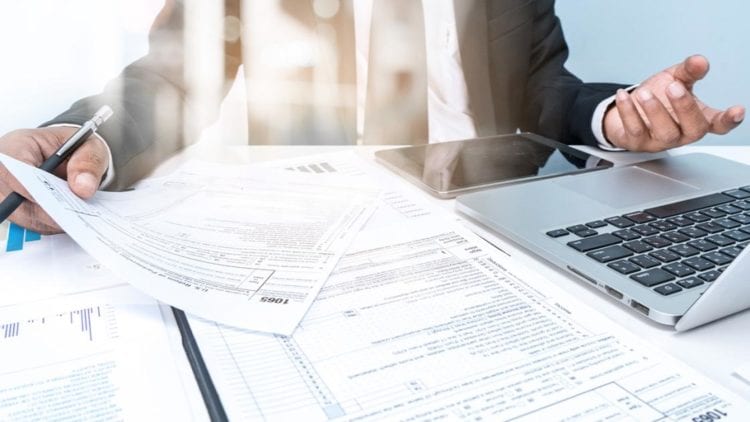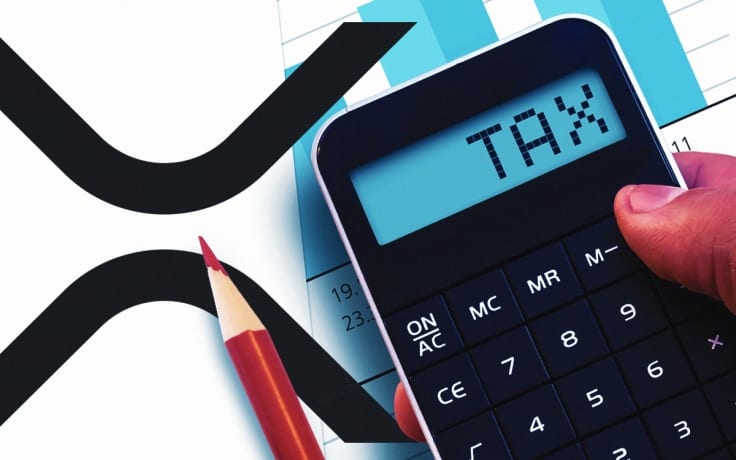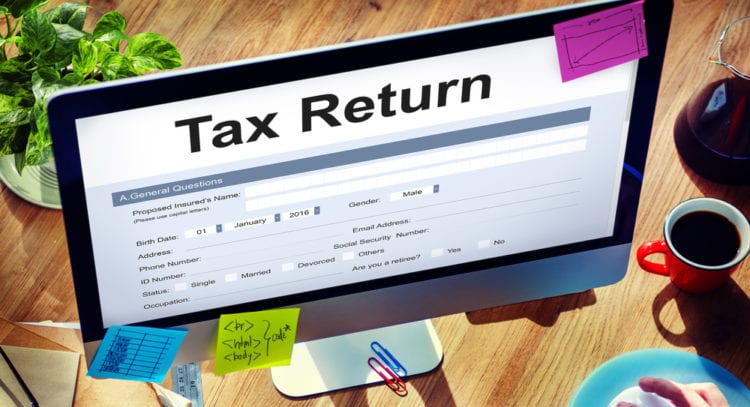It is that time of year again. Like it or not, the end of January brings with it the obligation to file our individual federal and state tax returns. Some of us even have local taxes to worry about. This time of year is not the most pleasant if you are at all concerned that you might owe.
Below are some helpful tax tips for the average taxpayer. By ‘average’ we mean middle-class and low-wage earners whose tax returns do not include complicated things like investment income and large-scale capital gains. Most of us fall into this category.

Don’t Wait to Prepare Your Return
Federal law requires employers, banks, and other applicable organizations to file appropriate tax documents no later than the end of January. As a taxpayer, do not wait to prepare your return. Do it as soon as you have all of your documents. Why? There are a couple of reasons.
First, any return you are due will arrive faster if you file faster. Let’s say the government owes you $2,500. Why wait until April or May to get the money back when you can get it now? As for the second reason, it is not as positive: you may need time to get together any money that you owe.
If you wait until April and end up owing a significant amount of money, you might not be able to pay your bill on time. However, your inability to pay does not change the fact that you owe. You will have to either delay paying the bill or borrow.
Delaying ultimately means paying penalties and interest. Borrowing might mean paying interest. Either way, you are paying extra just to pay your taxes. Prepare your taxes now and you will have a few months to get the money together.
Educate Yourself about Credits

Taxpayers are eligible to claim a number of different tax credits. These include things like the Earned Income Tax Credit (EITC) and Child and Dependent Care Credit. The thing to know about tax credits is that they are distinctly different from tax write-offs.
A write-off reduces your taxable income. A tax credit, on the other hand, reduces the amount of taxes you pay by the same amount. If you were eligible to receive $1,000 from the EITC, your total tax bill would be reduced by $1000.
Tax credits are especially attractive to low income earners in the 10% tax bracket. Why? Because they can substantially increase a tax refund. To illustrate this, imagine you have set up withholding so that the minimum amount is taken from your paycheck each week. You have estimated so accurately that your tax refund is only a few hundred dollars.
Now imagine that you are eligible to claim the EITC on three qualifying children. Suddenly you are looking at a refund that could be as high as $6,600. The credit all but wipes out your income tax liabilities and puts cash in your pocket when your refund arrives. Needless to say the tax credits are only beneficial when you take advantage of them.
Handle Your Return Yourself

A lot of people take their tax returns to professionals because they do not think they can handle things on their own. Know this: unless your tax return is exceptionally complicated, you can probably do it yourself with a software package or an online tool. Modern tax software works by posing a series of questions written in everyday language. If you do not understand a question, help documents are available.
The benefit of handling your own return is not spending money to have a professional do it. Professional tax preparers provide a valuable service, but why pay a fee if your tax return is simple enough to prepare it yourself?
Be Cautious with Refund Advances
Finally, you might be tempted to take your tax return to a professional so that you can take advantage of a refund advance. Refund advances are fine offers in and of themselves. However, they are essentially loans. It is important that you compare offers to make sure that you are getting the best deal. There is no point in obtaining a refund advance if the fee charged is exorbitant.
This is especially true in the modern era of direct deposit. You can have your refund deposited directly into your bank account. The process doesn’t take more than 7-to-14 business days under most circumstances. Surely you can wait that short amount of time rather than paying a hefty fee for an advance?

Adjust Withholding for Next Year
The whole reason for filing tax returns every year is to account for the fact that withholding is not accurate. IRS tax tables call for withholding based on estimates. Those estimates are based on what you think you might make in the coming year along with other circumstances that eventually dictate your total tax liability.
We say all that to say this: getting a sizable tax return every year means that the estimate you are working with is too high. If you end up owing taxes every spring, your estimate is too low. Both scenarios are cause to adjust withholding for the next year.
You definitely want to adjust withholding so that you do not end up with a tax bill in April. Increase your withholding to solve this problem. If you are getting a sizable refund instead, you still might want to consider adjusting your withholding down. Why? Because the government is taking money from your paycheck – money that is eventually returned to you. In essence, you are giving the government an interest-free loan. Why do that when you can have more money in your weekly paycheck?
It is tax season again. In addition to filing your tax return, you now have yet another opportunity to learn more about how our tax system works. The more you learn, the more you will be able to develop tax strategies that make the system work for you. Good luck and may the tax return gods be with you.

